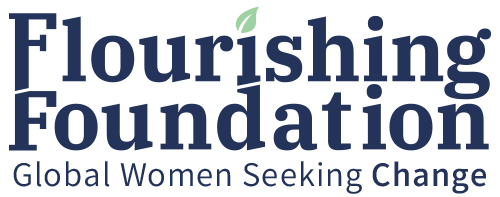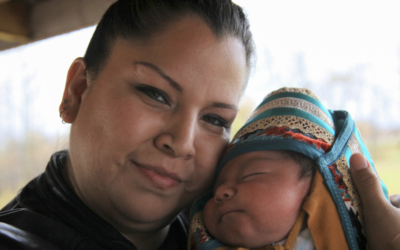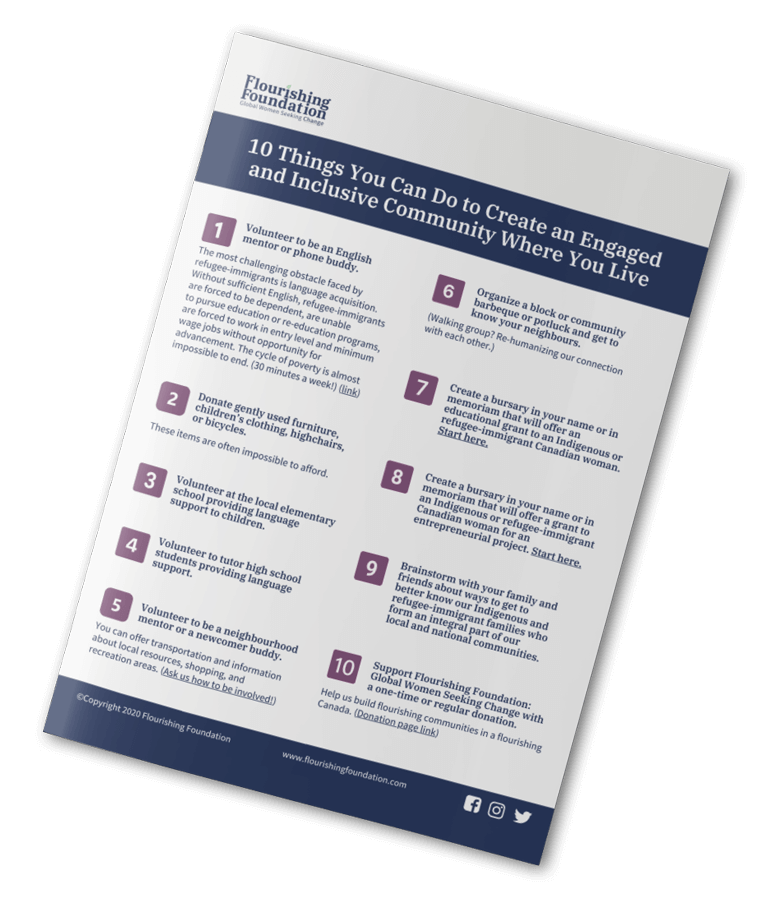Names changed to protect privacy
February 25, 2019
When I was an infant, I lost my father. My mother was not yet 20 when she was widowed with two children: my older brother and myself. My father was a teacher. He was killed by a military group called Mujahideen, which was eventually defeated by the Taliban when they took power.
My mother remarried and had five more children: two sons and three daughters. My stepfather’s family did not accept my mother because she had been married before and my stepfather abandoned my mother for a number of years. His family advised my mother if she wanted to be married to my stepfather, she would have to abandon my brother and me. My mother would not abandon us, and eventually my stepfather decided he would not listen to his family and would stay with my mother. He was a good and kind man; he was my angel, my Baba [father]. He gave up his family to stay with my mother and us. My Baba passed away from cancer in 2011 when I was in Germany. My younger twin sisters were seven years old. My Baba called me in Germany in early 2011. He said: “My daughter, I need to talk to you,” but my mother took the phone and would not let him tell me his news. My mother said, “Your news will kill Lavender. You must not tell her.” He treated me like his first daughter; I never felt like I was not his birth daughter.
In my culture, in Afghanistan, to not have a father is like being homeless. People would say to me, “You do not have a father, you are so poor; he is not your father; why are you living with him?” Widows and orphans are not looked after by the community; they are shunned. My Baba’s family called my mother a prostitute.
My husband got a scholarship to study in Germany in 2009, and I was allowed to join him at the beginning of 2011. My daughter, our first child, was born in Germany and while my husband went to school, I was at home with my daughter. I volunteered in Afghanistan at an organization doing fundraising for women and orphaned children, and when I was in Germany, I volunteered at a children’s organization.
We went back to Afghanistan in 2013 because my husband was finished school and my husband needed to work. When we got back, I began working with the organization where I used to volunteer. After a little while, we heard from my biological father’s community that the Taliban is in their city. People said to me “you work with this organization, you came from Germany, you are not a Muslim any more.” By 2014, I was receiving death threats. They threatened to harm my family, my husband, my child. My cousin was in a mosque and the community told him that my life and my husband, daughter, and family’s lives were in danger. We hid for a while, and then were able to buy airline tickets to California, United States. We wanted to apply for a Visa when we arrived there, but our friends told us they would not accept us—they do not accept refugees. They had applied seven years before. We flew from California to Bellingham, Washington and then took a taxi to the Canadian border to apply as refugees. My husband spoke enough English to tell the border officers we were seeking asylum. We took a taxi to Vancouver and we applied for refugee status to stay.
My mother and my younger siblings were still in Afghanistan and it was becoming increasingly dangerous for all of them. My Baba’s brother took my mother’s house and car and left her and the children homeless. My uncle beat my mother many times. He told her to get the children out of school. My mother asked for help from the Afghani police and they told her, “We don’t get involved in family problems.” In Afghanistan, women are not important. They should not be in school. They should not be working. My uncle wants to marry my mother. He chases her and insists she will listen.
My uncle arranged for one of my sisters to be sold to a family of strangers to marry one of their sons. They paid money [dowry] to my uncle. Still today, I do not where she is or if she is safe. If you have a daughter, when she marries, she belongs to the husband’s family; they bought and paid for her.
My uncle arranged a marriage for one of my youngest sisters and my mom would not let him take her. My uncle has a gun and hits my mother and my sister with the gun. My mother called me in Canada. I called my old manager from the organization where I worked in Afghanistan and he helped my mother, my younger sisters, and my little brother. The community school in Burnaby, British Columbia, raised money to pay for my mother and my four siblings to fly to Delhi, India. They have no money and no ability to work. They have applied to the UN for refugee status, but their meeting is scheduled for June of 2020. Every month we must send enough money to pay for rent, food, and medicine. My friends, my community, my settlement worker, my teachers, everyone I know is helping every month, but we cannot keep asking for money. We need help.





